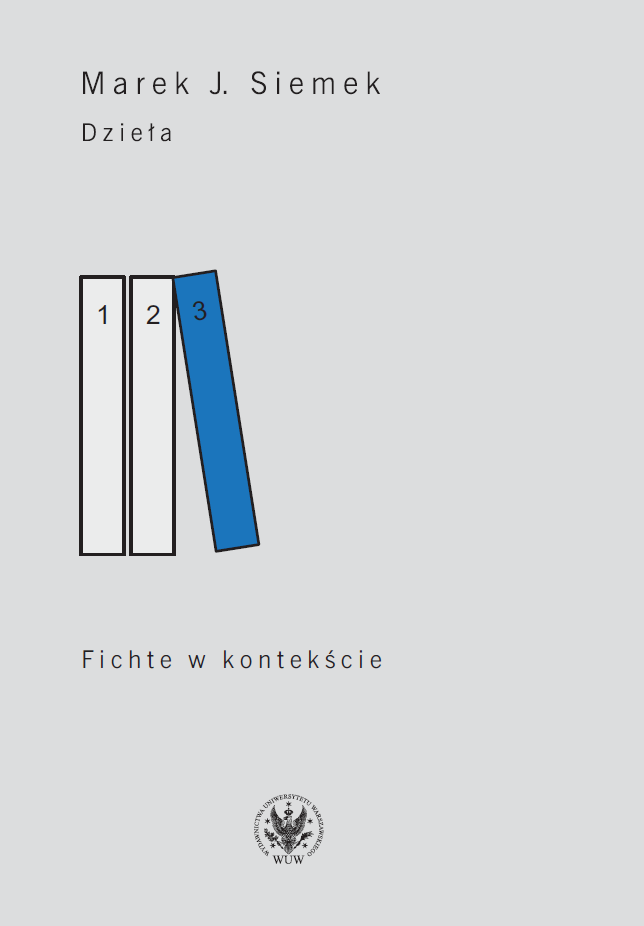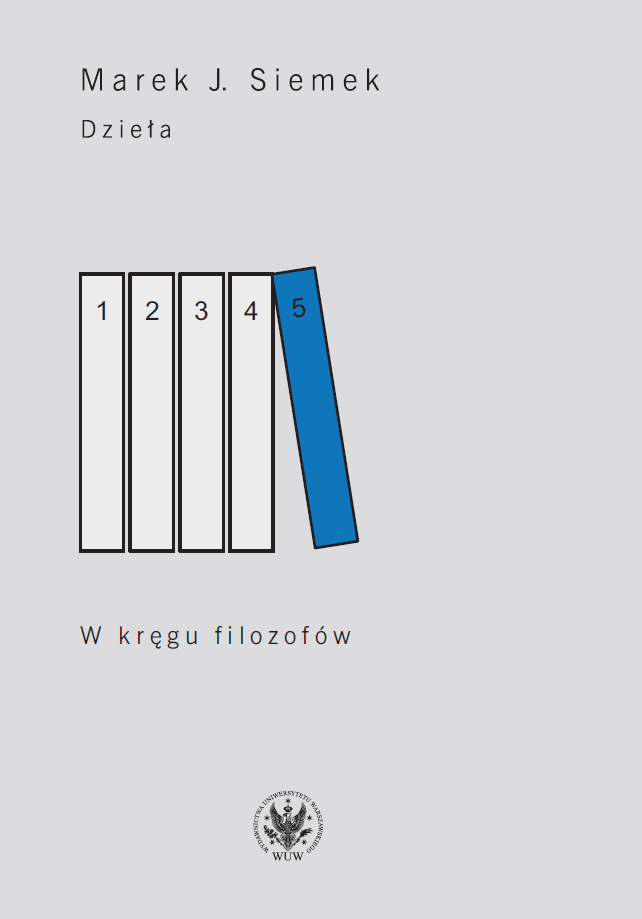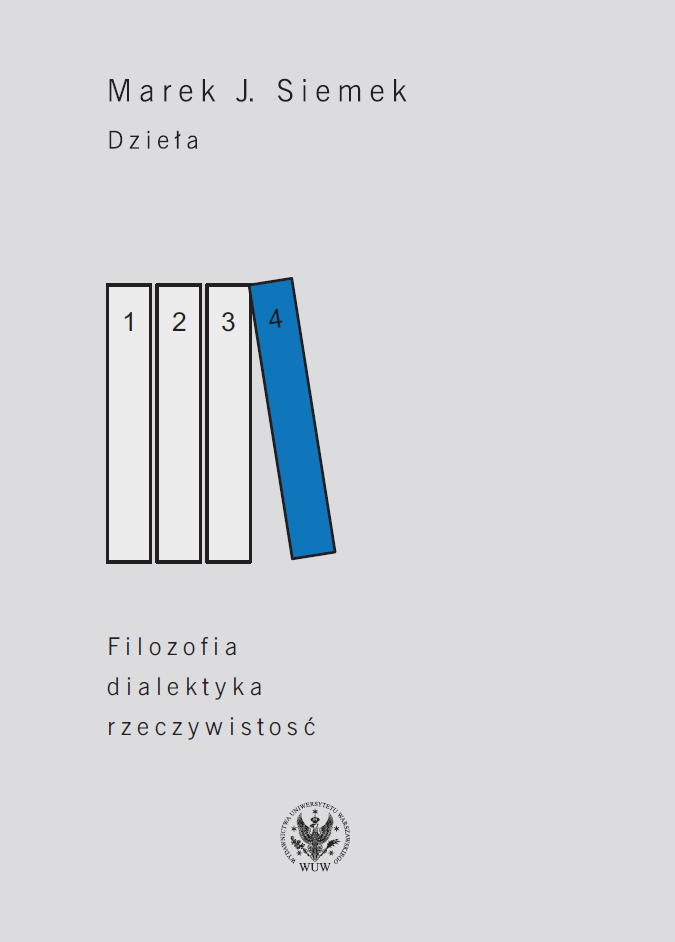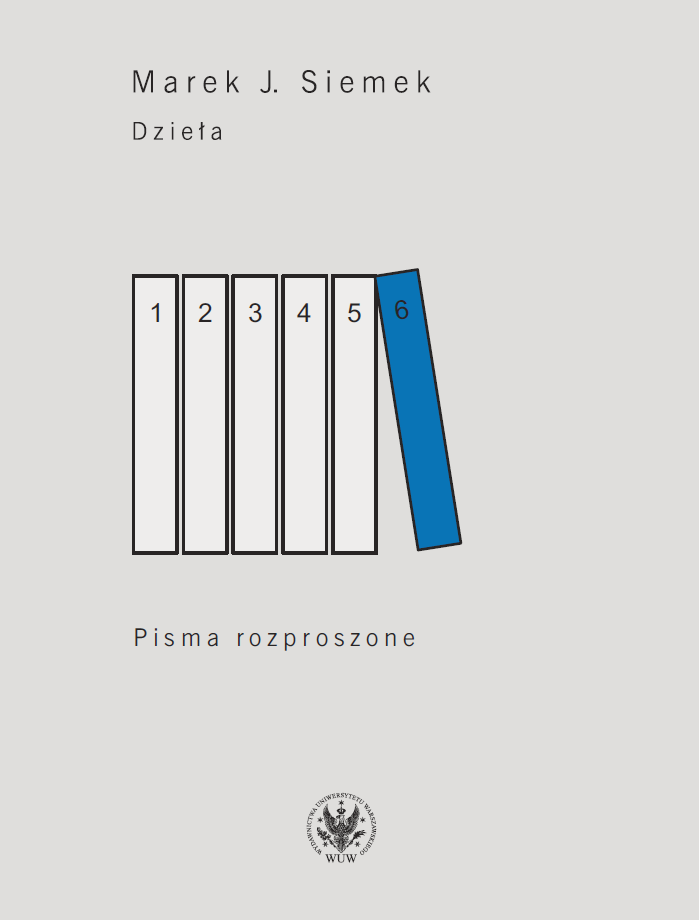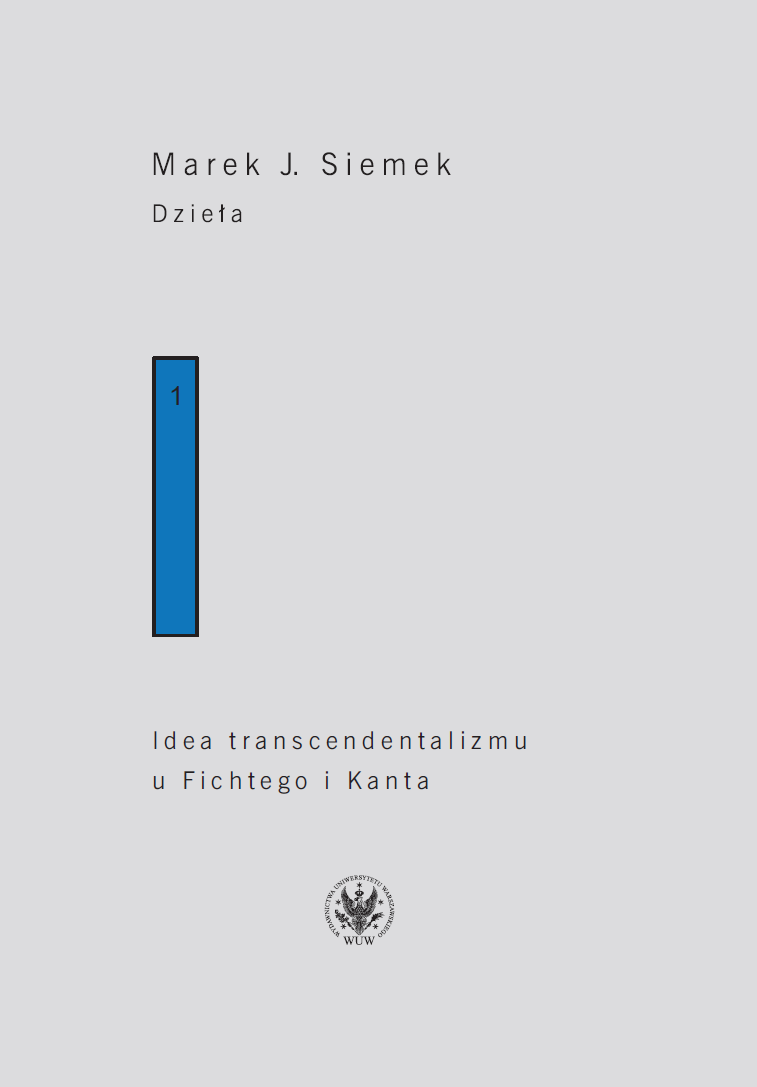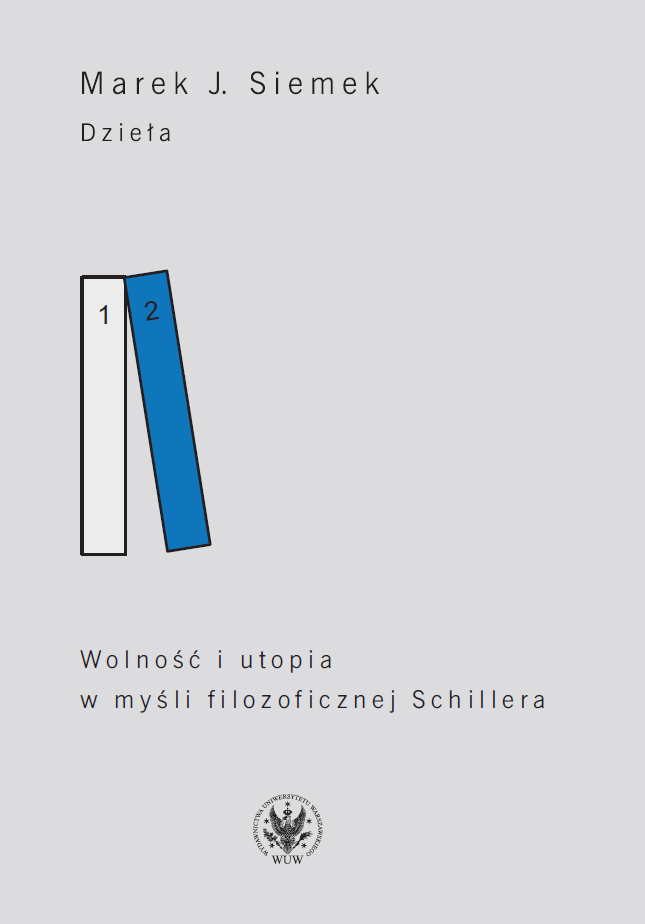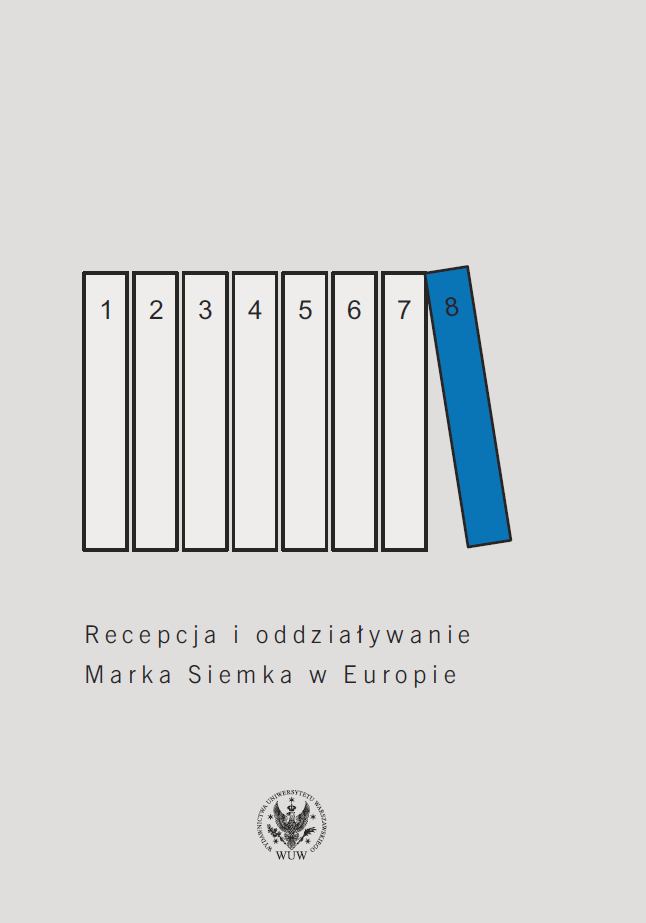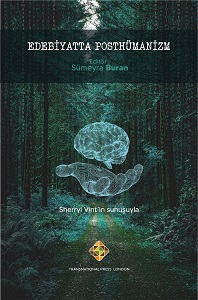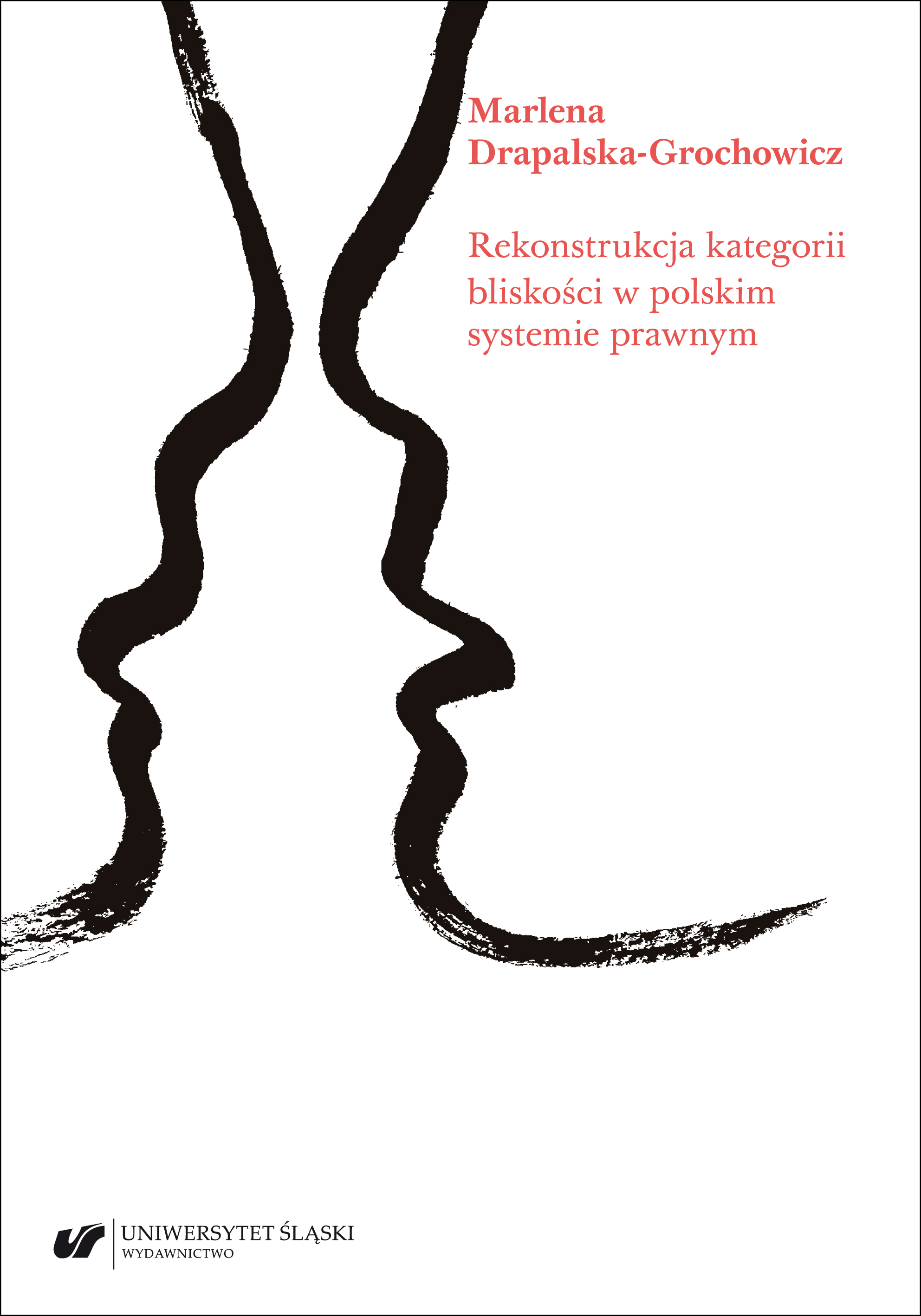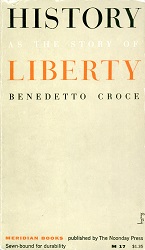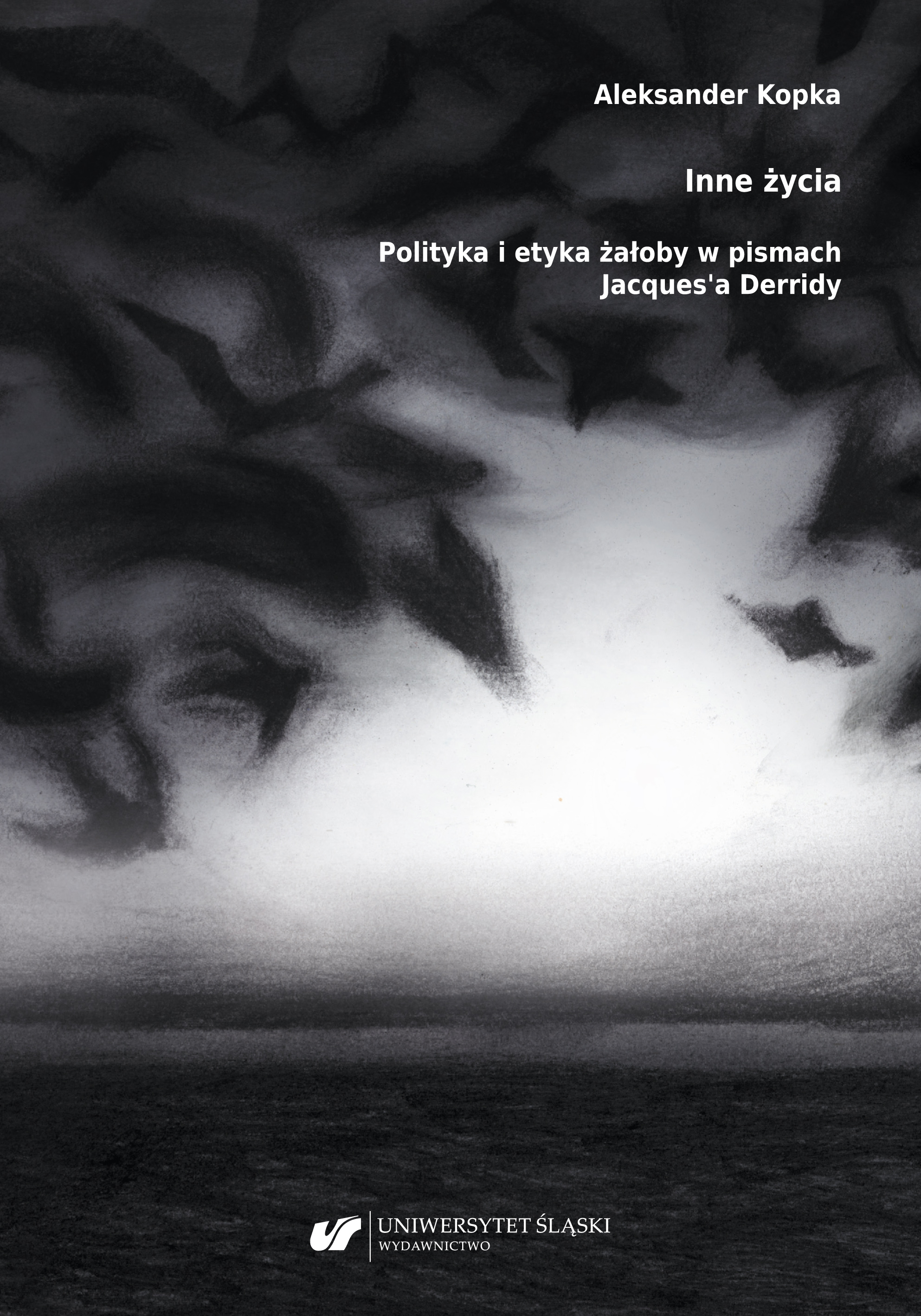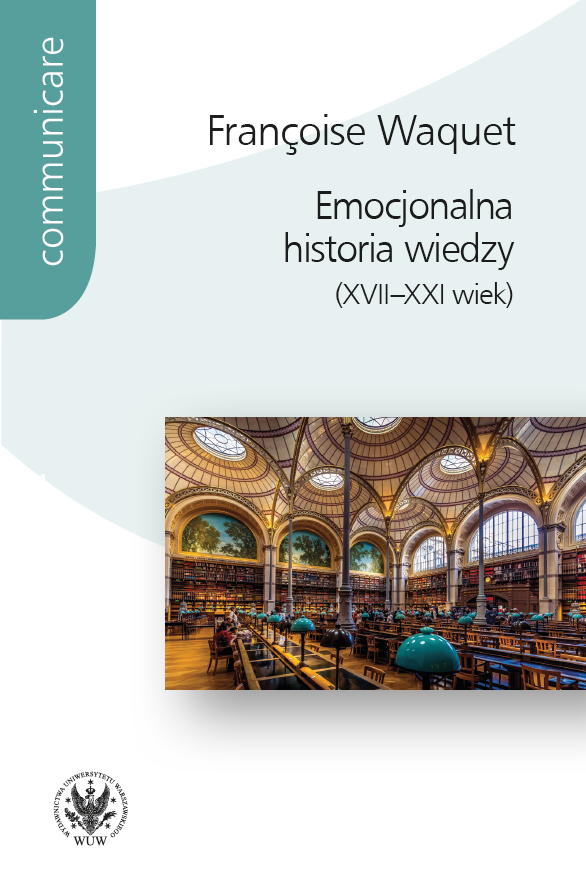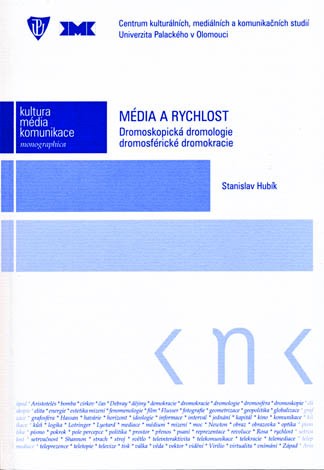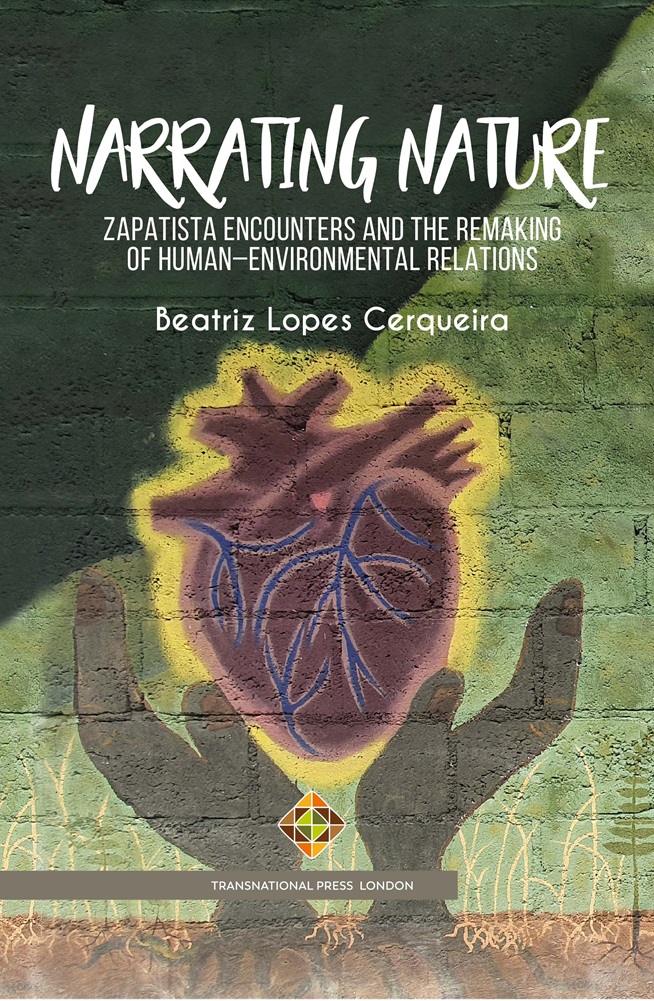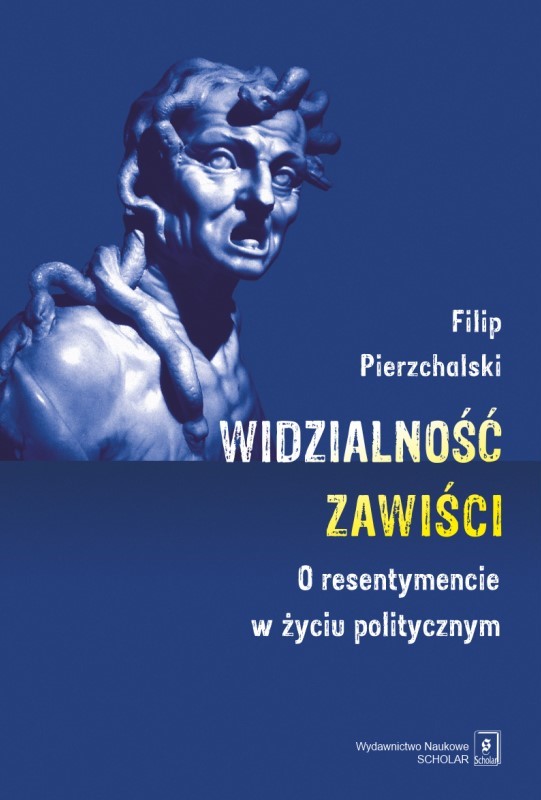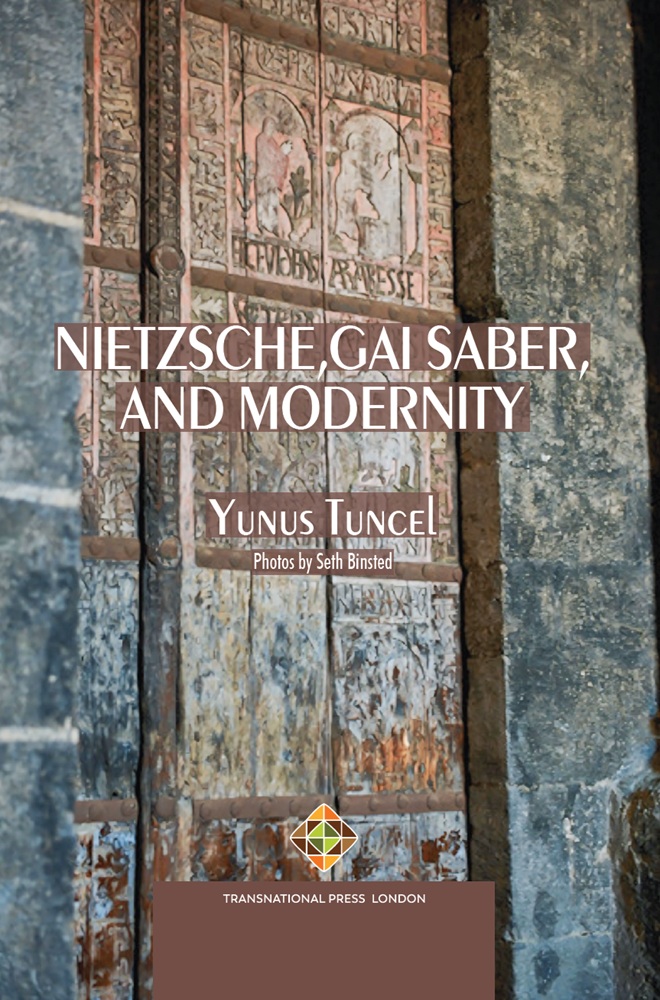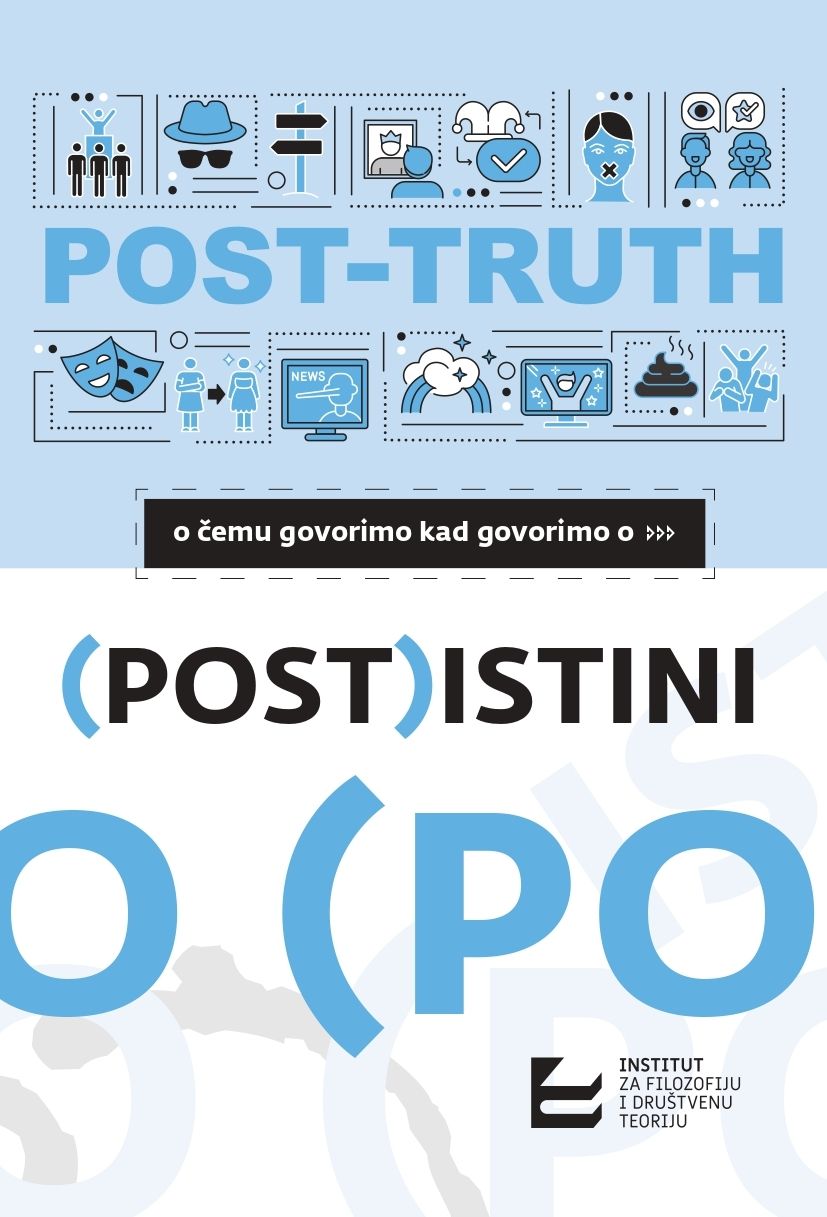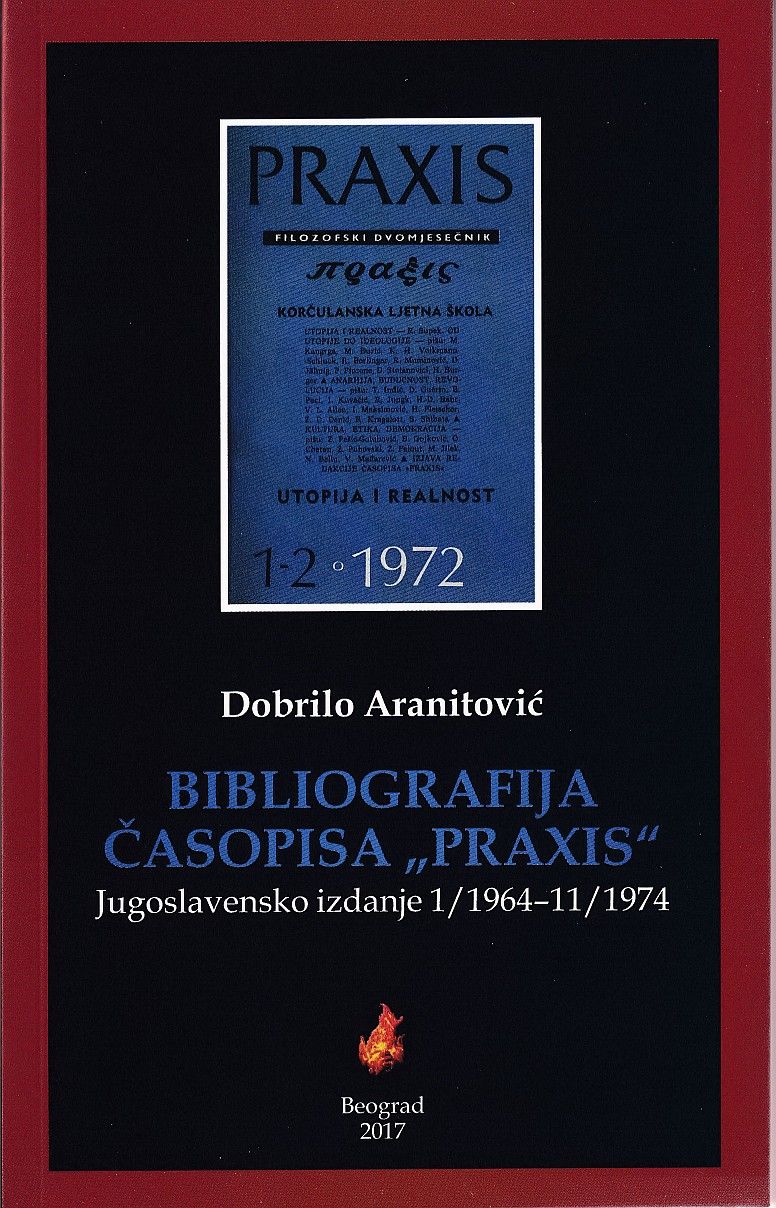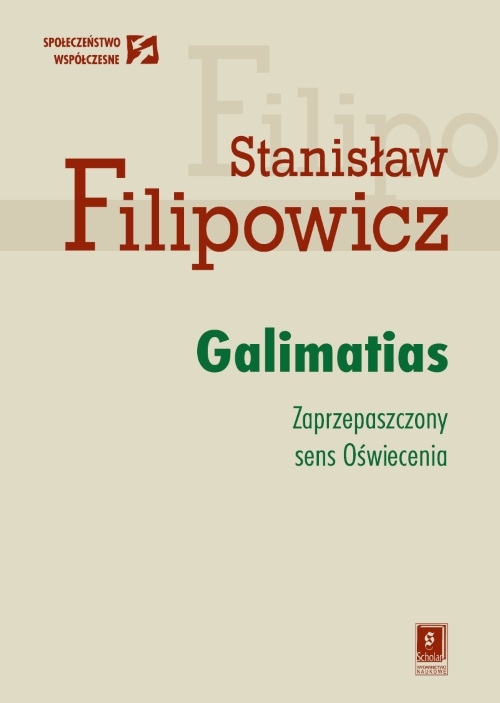
GALIMATIAS. ZAPRZEPASZCZONY SENS OŚWIECENIA
Nowoczesność jest rozdarta, uwikłana w sprzeczności. Próbując wyrwać się z zamętu świata, odwołaliśmy się do autorytetu rozumu. Dziś świetnie już wiemy, że zamęt związany może być także z rozumem. Optymistyczne przesłanie Wieku Świateł załamało się. Symbolika Oświecenia to symbolika dobroczynnej iluminacji. Już rewolucja francuska stawia nam jednak przed oczami obraz parkosyzmów ludzkiego szaleństwa. A dzisiaj? Ze wszystkich stron wkrada się wieloznaczność i niepewność. Czy jesteśmy racjonalni? Żyjemy w gmatwaninie prawd ułomnych, mających krótki żywot. Mówimy o demokracji, z pewnością nie wypada nam już jednak mówić o rządach rozumu. Przed bezradnością bronimy się, uciekając do krainy mitów. W mętnych wodach popkultury rodzą się nowe mitologie. Walczymy z nimi orężem utopii. Obraz Miasta Słońca zastąpiła dziś utopia rozumu komunikacyjnego. Powstaje galimatias. Czy potrafimy się z nim zmierzyć? Racjonalność terroru (obrona rewolucji przed jej wrogami, zagrożenie obleganej przez nieprzyjaciół ojczyzny) ma charakter pozorny. W istocie bowiem najważniejsza jest sama furia sponiewierania i zastraszenia, która niweczy wszelkie wymagania rozumu. Jakże inaczej mielibyśmy bowiem oceniać samą formułę obwinienia, którą przyjmowano, tworząc prawne podstawy machiny śmierci. Zgodnie z dekretem z 22 prairiala (10 czerwca) 1794 roku Trybunał Rewolucyjny mógł wydać tylko dwa wyroki – uniewinnienie lub śmierć. Na żadne niuanse nie ma miejsca. Rewolucyjny „wymiar sprawiedliwości” stanowi w istocie świadectwo manichejskiej obsesji, która sens działania odnajduje w pragnieniu oczyszczenia, dokonującego się poprzez śmierć, poprzez unicestwienie tego, co „nieczyste”.
More...
